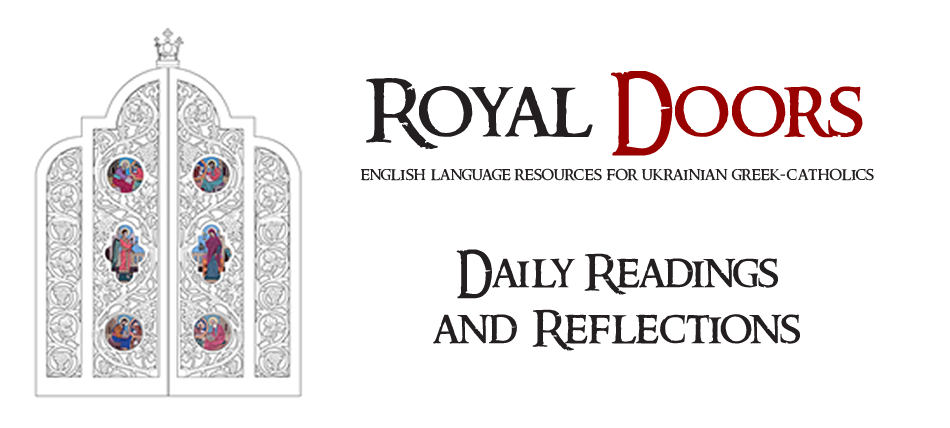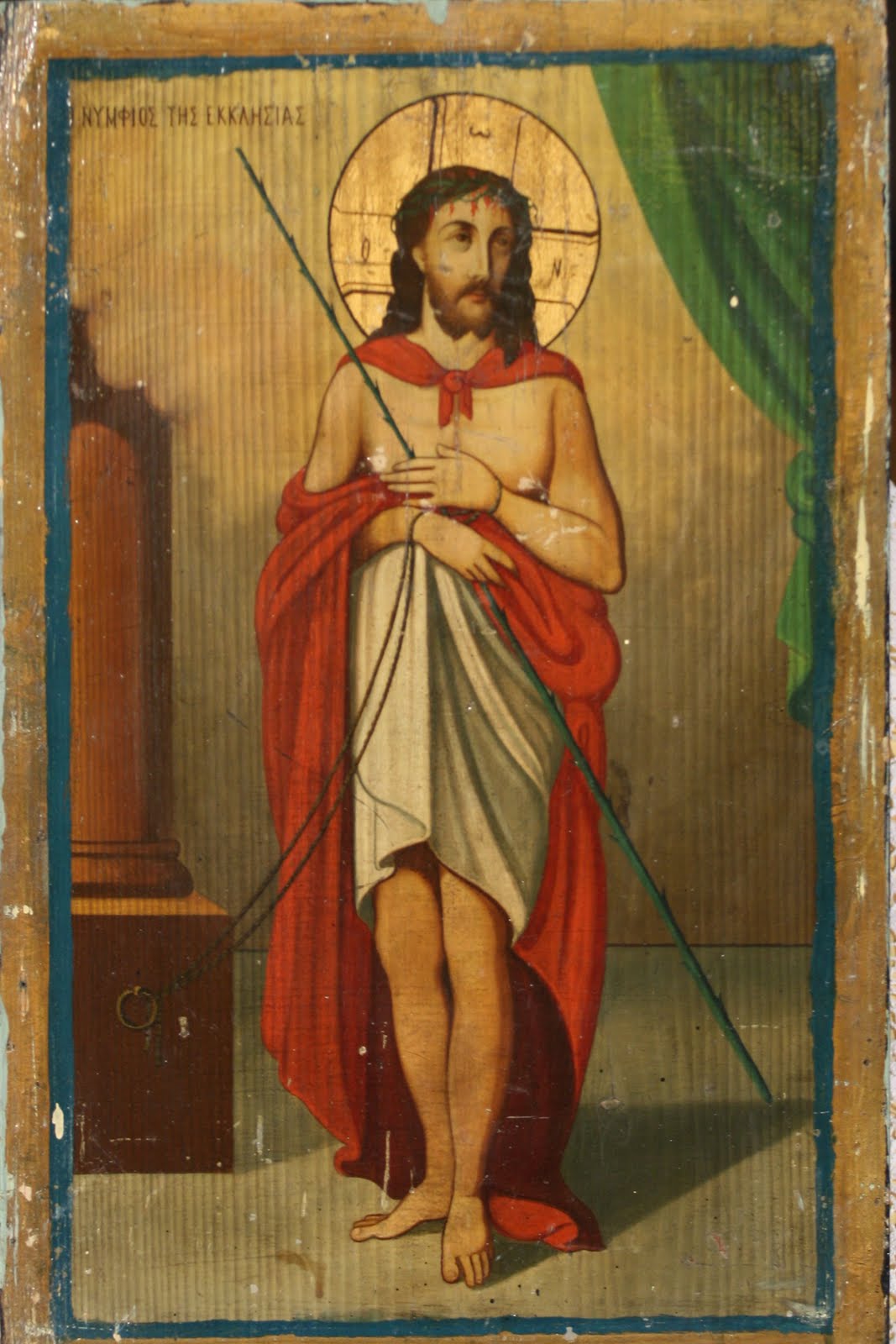The ninth chapter of St Matthew’s Gospel records several miracles in succession: the healing of a paralytic, of the ruler’s daughter, of a woman with a flow of blood, two blind men and a mute man. Only in the case of the two blind men do we find that the Lord Jesus “…sternly warned them, saying, ‘See that no one knows it’” (Matthew 9:30). Why did the Lord want these two to keep quiet while not demanding that the paralytic and the others do the same?
The key seems to be in the way the blind men approached Jesus. Unlike the others healed in this chapter, the blind men called out to Him, “Son of David, have mercy on us!” (v. 27) They accorded Him the messianic title “son of David.” But was Jesus ready to be acclaimed as Messiah at this stage of His life?
What Kind of Messiah?
Many Jewish people at the time of Christ were looking for the Messiah, God’s “Anointed One”. Most looked for a royal warrior – another David – who would drive out the Romans from the Holy Land and restore the power of Israel in the region. This political Messiah would usher in a period of prosperity and power for the people of Israel.
Others in that period thought that the Messiah would restore the old priestly line and the temple rites used before the exile of the Israelites in Babylon. He would be a priestly Messiah, renewing the temple and restoring the original spirit of its liturgy.
The Lord Jesus had a very different view of His role. He was not to be an earthly king; He never urged political dissention or encouraged revolt against Roman rule. As He was to tell Pilate, “My kingdom is not of this world. If My kingdom were of this world, My servants would fight, so that I should not be delivered to the Jews; but now My kingdom is not from here” (John 18:36).
Neither did the Lord Jesus attempt to restore the usages of Solomon’s temple. He would fulfill the entire Old Covenant in Himself, becoming the new temple, the house of God on earth. It was with this in mind that the Lord told the Jews on driving away the money-changers, “‘Destroy this temple, and in three days I will raise it up.’ Then the Jews said, ‘It has taken forty-six years to build this temple, and will You raise it up in three days?’ But He was speaking of the temple of His body. Therefore, when He had risen from the dead, His disciples remembered that He had said this to them; and they believed the Scripture and the word which Jesus had said” (John 2:19-22).
The “Messianic Secret”
Beginning in the late nineteenth century, biblical commentators began using the term “Messianic secret” to describe Jesus’ reluctance to be described as Messiah. Had Jesus allowed this to happen while not fulfilling His hearers’ expectations, He would have made it impossible for anyone to come to believe in Him. He would have given them the right word, but the wrong idea. He might also have come to the attention of the religious and political authorities before He had developed followers nurtured to any degree with His vision of the Kingdom of God.
Rather we see Jesus beginning a long process of choosing disciples and allowing them to discover for themselves that He was God’s Anointed. Jesus never claimed the title of Messiah for Himself and only hinted at it among those most committed to the Kingdom of God. Thus we are told: “…when John had heard in prison about the works of Christ, he sent two of his disciples and said to Him, ‘Are You the Coming One, or do we look for another?’ Jesus answered and said to them, ‘Go and tell John the things which you hear and see: The blind see and the lame walk; the lepers are cleansed and the deaf hear; the dead are raised up and the poor have the gospel preached to them. And blessed is he who is not offended because of Me’” (Matthew 11:2-6) Jesus leaves John and his followers to draw their own conclusions.
When two of John’s disciples went after Jesus, He turned and asked “What do you seek?” The tongue-tied Andrew could only say, “Where are you staying?” But after spending the day with Jesus, Andrew would tell his brother Simon, “We have found the Messiah” (John 1:41).
The Gospels record the disciples’ slow process of learning what the Lord Jesus’ mission actually was. At times they seemed no more attuned to Jesus’ teaching than were the crowds. When Jesus taught the importance of inner purity rather than the ritual purity of “clean” and “unclean” foods, the disciples found it hard to accept. “Are you thus without understanding also?” Jesus replied (Mark 7:18).
While the Gospels show how gradually the disciples grew to appreciate Jesus as the Messiah, they also note that others had no hesitation in proclaiming His true identity. The demons, as bodiless powers, understood from the start just who Jesus was. The spirit Jesus expelled in Capernaum affirmed, “I know who You are – the Holy One of God” (Mark 1:24). The Gergasene demoniacs protested, “What have we to do with You, Jesus, Son of God?” (Matthew 8:29). Jesus silenced them all and “…did not allow them to speak, for they knew that He was the Christ” (Luke 4:41).
Neither Power Nor Glory
The disciples found it hard to think of God’s kingdom except it terms of power. When the Lord began preparing His disciples to see that the Messiah must suffer, “Peter took Him aside and began to rebuke Him, saying, ‘Far be it from You, Lord; this shall not happen to You!’ But He turned and said to Peter, ‘Get behind Me, Satan! You are an offense to Me, for you are not mindful of the things of God, but the things of men’” (Matthew 16:22-23). Later in Jesus’ ministry – despite several previous warnings that the Messiah must suffer – the Lord reiterated His teaching (Lk 9:44-48): “‘Let these words sink down into your ears, for the Son of Man is about to be betrayed into the hands of men.’ But they did not understand this saying, and it was hidden from them so that they did not perceive it; and they were afraid to ask Him about this saying. Then a dispute arose among them as to which of them would be greatest. And Jesus, perceiving the thought of their heart, took a little child and set him by Him, and said to them, ‘Whoever receives this little child in My name receives Me; and whoever receives Me receives Him who sent Me. For he who is least among you all will be great’”
Despite all this, when Samaritans refuse to allow Jesus entry into their village, the disciples’ reaction still shows their lack of understanding. They had yet to comprehend the ways of God’s kingdom. “And when His disciples James and John saw this, they said, ‘Lord, do You want us to command fire to come down from heaven and consume them, just as Elijah did?’ But He turned and rebuked them, and said, ‘You do not know what manner of spirit you are of. For the Son of Man did not come to destroy men’s lives but to save them’” (Luke 9:54-56).
Even the experience of the resurrection was not sufficient to turn the disciples from their pursuit of power. When they were all gathered in Jerusalem with the risen Christ, the Book of Acts relates, “… they asked Him, saying, ‘Lord, will You at this time restore the kingdom to Israel?’ And He said to them, ‘It is not for you to know times or seasons which the Father has put in His own authority. But you shall receive power when the Holy Spirit has come upon you; and you shall be witnesses to Me in Jerusalem, and in all Judea and Samaria, and to the end of the earth’” (Acts 1:6-8). It would only be by the indwelling of the Holy Spirit that the first Church came to understand the real mission of the Messiah.
Source: Eparchy of Newton

